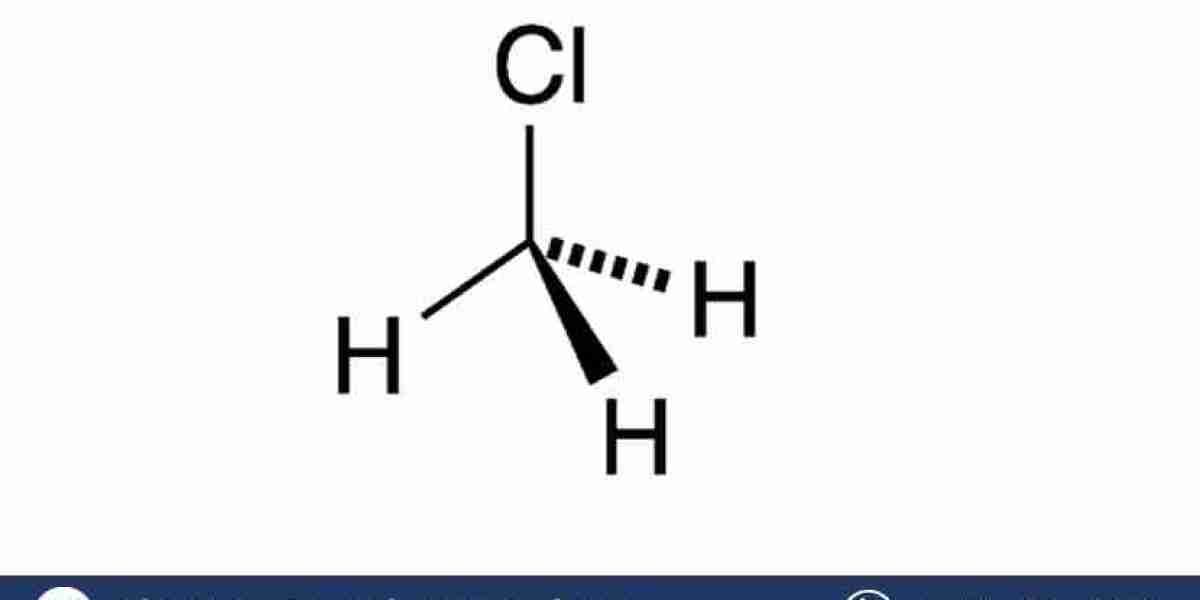The water treatment chemicals market plays a vital role in ensuring the quality of water used across various industries, municipalities, and households. These chemicals help in purifying water, making it suitable for drinking, industrial processes, agriculture, and other uses. The applications of water treatment chemicals have expanded as the demand for clean water has increased globally, driven by urbanization, industrial growth, and environmental concerns. In this article, we will explore the various applications of water treatment chemicals across different sectors.
1. Municipal Water Treatment
Municipal water treatment is one of the largest applications for water treatment chemicals. These chemicals are used to purify water for public consumption, ensuring it meets safety and health standards. Common chemicals used in municipal water treatment include chlorine for disinfection, alum for coagulation, and lime for pH adjustment. The process helps to remove contaminants such as bacteria, viruses, heavy metals, and other pollutants from water. Additionally, fluoride is sometimes added to improve dental health.
The increasing global population and urbanization are driving the demand for effective water treatment chemicals to provide clean drinking water in cities and towns.
2. Industrial Water Treatment
Industries use large quantities of water in their operations, from manufacturing to cooling and processing. Water treatment chemicals are essential in ensuring that water used in industrial processes is free from impurities that could damage machinery or affect product quality. Chemicals such as anti-scaling agents, biocides, corrosion inhibitors, and coagulants are employed in cooling towers, boilers, and other water-intensive systems. These chemicals prevent the buildup of scale, bacteria, and corrosion, reducing maintenance costs and improving the efficiency of industrial operations.
In industries like power generation, petrochemicals, food and beverages, and pharmaceuticals, water treatment chemicals are indispensable for maintaining a smooth production process.
3. Wastewater Treatment
Wastewater treatment is another critical application of water treatment chemicals. Both municipal and industrial wastewater needs to be treated to remove contaminants before it can be safely released into the environment or reused. Chemicals like coagulants, flocculants, and activated carbon are used in wastewater treatment plants to remove suspended solids, organic matter, and dissolved pollutants.
In many cases, treated wastewater is recycled for reuse in agricultural irrigation, industrial processes, or even as potable water in areas facing water scarcity. The growing emphasis on water conservation and sustainability has boosted the demand for chemicals that can efficiently treat and recycle wastewater.
4. Desalination
Desalination is the process of converting seawater into fresh water, an essential solution for regions with limited freshwater resources. Water treatment chemicals play a crucial role in desalination, particularly in reverse osmosis (RO) systems. Anti-scalants are used to prevent the formation of scale on membranes, while biocides are employed to control microbial growth. The increasing demand for fresh water, especially in arid regions, has led to the rapid expansion of desalination plants worldwide.
Water treatment chemicals are essential for improving the efficiency and sustainability of desalination processes, making them a critical component of water supply in many regions.
5. Agricultural Water Treatment
Agriculture is one of the largest consumers of water globally, and the quality of water used in irrigation directly impacts crop yield and health. Water treatment chemicals are used in agriculture to ensure that irrigation water is free from pathogens, algae, and other harmful contaminants that could negatively affect crops. Chemicals like algaecides, biocides, and flocculants are commonly used to treat water in irrigation systems. Additionally, chemicals are employed to adjust the water’s pH and remove excess nutrients that can lead to eutrophication in water bodies.
As the demand for agricultural products increases, the need for efficient water treatment solutions to ensure safe and clean water for irrigation grows.
6. Cooling Towers and Boilers
Cooling towers and boilers are common in industrial applications such as power plants, refineries, and HVAC systems. Water treatment chemicals are used in these systems to prevent scale formation, control corrosion, and inhibit microbial growth. Chemicals like anti-corrosion agents, scale inhibitors, and biocides are used to protect the systems from damage caused by impurities in the water. Proper water treatment helps extend the life of equipment, reduce energy consumption, and minimize downtime in industrial operations.
Conclusion
The applications of water treatment chemicals are vast and diverse, spanning across industries and sectors critical to public health, environmental protection, and economic growth. From municipal water purification to industrial water treatment, wastewater management, and desalination, water treatment chemicals play a crucial role in ensuring the availability of clean, safe, and sustainable water sources. As the global population and industrialization continue to grow, the demand for these chemicals will only increase, making innovation in the water treatment sector more important than ever.




